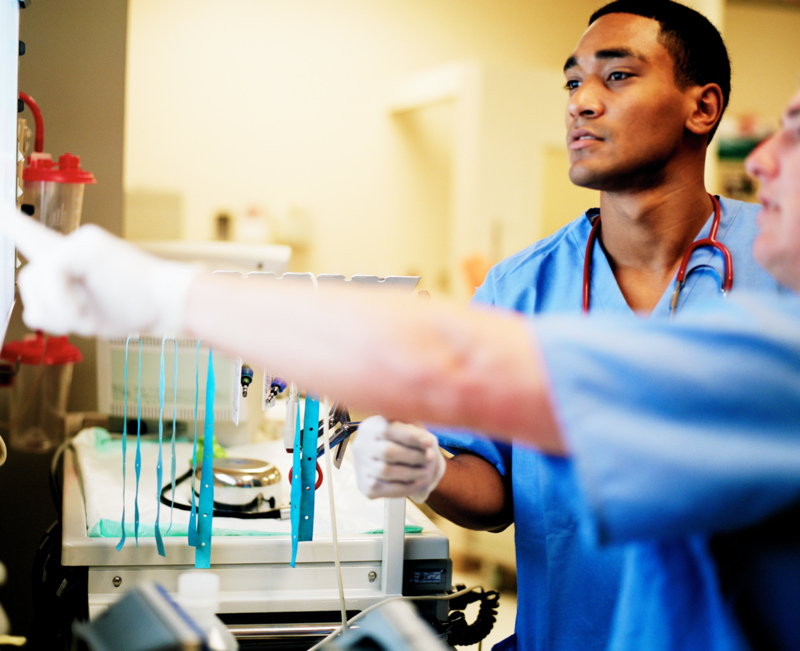
Here are some of the latest health and medical news developments, compiled by the editors of HealthDay:
Experts Condemn Gene Test as Means to ‘Designer Baby’
Experts are criticizing a U.S. company’s patent for a database that uses DNA testing to reveal to parents traits they may pass on to their future children.
California-based 23andMe claims that its Family Traits Inheritor Calculator can predict children’s risk of inheriting certain kinds of diseases as well as characteristics such as height, weight, eye color and even personality, BBC News reported.
The database makes these determinations from saliva samples submitted by potential parents. The company said it offers people “an enjoyable way to dip their toes into genetics.”
But critics have called the project “ethically and socially treacherous,” BBC News reported.
“It would be highly irresponsible for 23andMe or anyone else to offer a product or service based on this patent,” said Marcy Darnovsky, executive director of the Center for Genetics and Society.
“It amounts to shopping for designer donors in an effort to produce designer babies,” he told BBC News. “We believe the patent office made a serious mistake in allowing a patent that includes drop-down menus for which to choose a future child’s traits.”
—–
New Gene Scan Pinpoints Causes of Rare Diseases
A newer gene sequencing technique can reveal genetic flaws that cause unexplained health problems in some patients, researchers say.
Investigators at the Baylor College of Medicine in Houston used the newer type of sequencing — just the DNA segments that contain the instructions for all the proteins required by the body — on 250 adults and children patients with mystery diseases and found that 62 of them had gene flaws, the Associated Press reported.
The findings were published online Wednesday in the New England Journal of Medicine.
The Baylor team has used the gene sequencing technique on 1,700 patients so far and found gene flaws in 1 out of 4, study leader Dr. Christine Eng told the AP.
That rate is much higher than the less comprehensive gene tests currently in use, according to Rebecca Nagy, a scientist at Ohio State University and president of the National Society of Genetic Counselors.
“For some of these conditions there could be treatments that are lifesaving,” she told the AP.
Copyright © 2026 HealthDay. All rights reserved.

